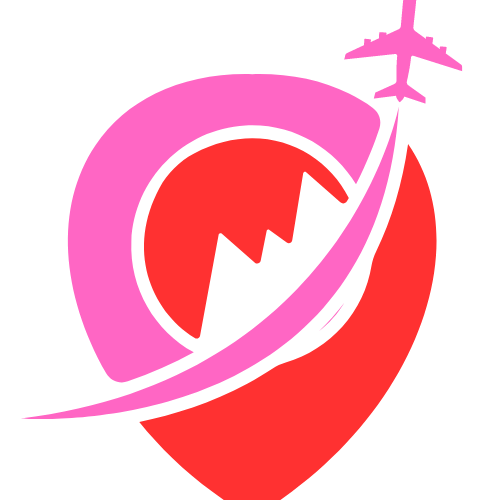A specific class of protein known as cancer monoclonal antibodies was developed in a lab and can bind to certain body targets, such as antigens on the surface of cancer cells. There are numerous varieties of monoclonal antibodies, each of which is created to attach to a specific antigen. Bevacizumab, rituximab, trastuzumab, cetuximab, and panitumumab are the most common monoclonal antibody treatments for cancer.
The market worth of cancer monoclonal antibodies in 2021 was USD 51.88 billion, and by 2030 it will be worth USD 108.47 billion, growing at 8.54% CAGR during the forecast period.
Factor driving market expansion is the rising incidence of cancer worldwide. Monoclonal antibodies can be used to treat autoimmune and inflammatory illnesses and have less negative effects on the patient’s body than conventional non-targeted medicines like chemotherapy.
Market Dynamics
Drivers
The global increase in cancer incidence is a major driver of market expansion. In comparison to more traditional non-targeted medicines like chemotherapy, monoclonal antibodies are more effective at treating inflammatory and autoimmune illnesses and have fewer adverse effects on the patient’s body.
The market’s growth is also driven by oncologists’ and healthcare professionals’ extensive usage of inexpensive biosimilar monoclonal antibodies. The fact that they are equally as effective but less expensive than the original medication lowers the cost of therapy and increases demand for the product on a global scale.
Restraints
The high costs associated with creating monoclonal antibodies utilizing contemporary techniques act as a major market restraint because of the difficult production process, clinical trials, pricey biological and chemical components, and necessary safety, testing, effectiveness, and quality checks.
Opportunity
Governments all over the world have been forced to invest a sizable sum in laboratories to produce extremely effective monoclonal antibodies for cancer treatment due to the surge in cancer incidence. Governments have also boosted the rate at which they approve monoclonal antibodies, opening up a wide range of business potential in the coming years.
Market Segmentation
Type Insights
In 2021, the humanized market category had the biggest market share of 39.66%. The humanization of mouse monoclonal antibodies has been implemented widely, contributing to the market’s expansion. This is because mouse monoclonal antibodies are inexpensive, readily available, and produced quickly. Additionally, humanized monoclonal antibodies make up 50% of recently authorized mAbs. Furthermore, this market’s potential development driver is the cutting-edge genetic engineering technology used in its manufacture.
Application Insights
In 2021, the blood cancer category had the biggest market share of about 23.4%. There has been an increase in the need for therapies for hematological disorders. This has propelled the pharmaceutical industry to create cutting-edge drugs such as cancer monoclonal antibodies.
However, lung cancer will have the greatest CAGR of any segment during the projected period. The demand for the product will be driven soon by the rising incidence of lung cancer.
End-user Insights
In 2021, the healthcare sector had the biggest revenue share at 39.8%. The increasing incidence of cancer and the increase in patient hospitalizations are two causes that can be linked to the segmental share. Additionally, patient preference is influenced by the accessibility of cutting-edge medication therapy in hospitals. Furthermore, the demand for products in hospitals will be driven by experienced specialists providing specialty therapies.
Regional Insights
In 2021, North America contributed the largest market share of over 37.5%. Strategic decisions significantly influence the market’s expansion. To cooperate on the development and study of the monoclonal antibody medicine lemzoparlimab, commonly known as TJC4, which is used to treat a number of cancers AbbVie and I-Mab established a strategic collaboration.
Due to increased efforts by international companies to enter this rising market and increase their share, Asia Pacific will be the fastest growing regional market. The market will be driven by an increase in national and international collaborations among organizations, particularly those in developed and emerging nations.
Key Players
- Seattle Genetics Inc.
- Novartis AG
- F. Hoffmann-La Roche AG
- Eli Lily and Company
- GlaxoSmithKline PLC
- Spectrum Pharmaceuticals Inc.
- Bristol Myers Squibb Company
- Genmab AS
The market worth of cancer monoclonal antibodies in 2021 was USD 51.88 billion, and by 2030 it will be worth USD 108.47 billion, growing at 8.54% CAGR during the forecast period. The main drivers of the market growth are the rising incidence of cancer, product approvals, and a healthy pipeline.


